
Tech & Sci
11:57, 12-Sep-2017
China Footprint: How I.T. is changing lives in China
By CGTN's Lindy Mtongana

Nowadays, mobile technology has put convenience in the palms of people's hands, allowing them to connect and communicate in ways never seen before. Innovations in China are contributing to the mobile tech revolution.
In Beijing, a city of 22 million people, there’s one thing that almost everybody has – a mobile phone. Tracy, a resident in Beijing, just like other Chinese people, here has lots stories about technology changing her life.
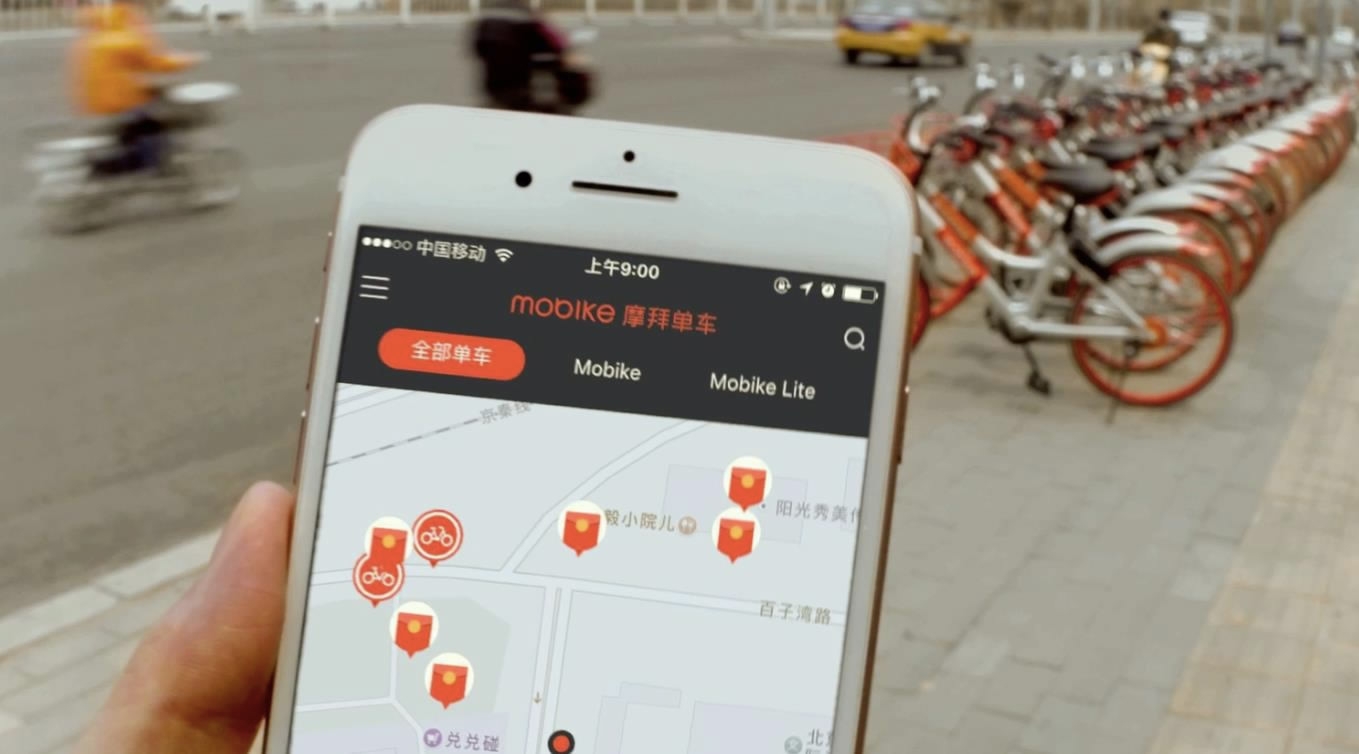
Using phone to open a mobike nearest/CGTN photo
Using phone to open a mobike nearest/CGTN photo
Tracy said her mobile phone has already become an important part of her daily life. She uses it every day, from the morning until she goes to sleep. And every morning she uses the phone to watch the news on the Internet, and check out the weather and the traffic. Tracy and her phone are almost inseparable, and even every day she goes to work, she will also use a mobile app, Mobike, to solve the problem of transportation.

Tracy is talking about how mobile phone changes her life./CGTN photo
Tracy is talking about how mobile phone changes her life./CGTN photo
This Chinese start-up tech firm solved the difficulty of renting a bike in the past by answering one simple question: What if we take away the stations and put all the technology, like the tracking devices and the GPS into one bike, which can make the bikes accessible to everyone and make them extremely easy to be borrowed and returned.
As a result, “Mobike” was born.
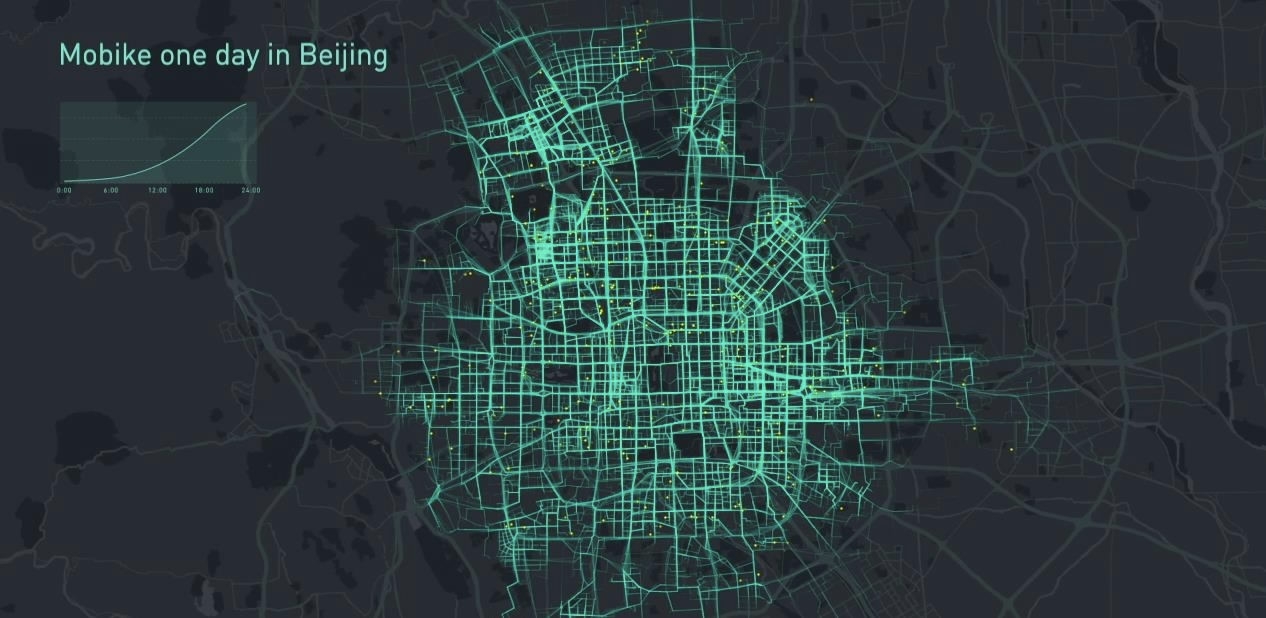
Mobike route map/CGTN photo
Mobike route map/CGTN photo
Now Mobike has seven million operational bikes and, every single day, about 25 million trips are completed. Mobike is on the way to becoming a global bike-sharing platform, addressing problems like urban congestion and pollution.
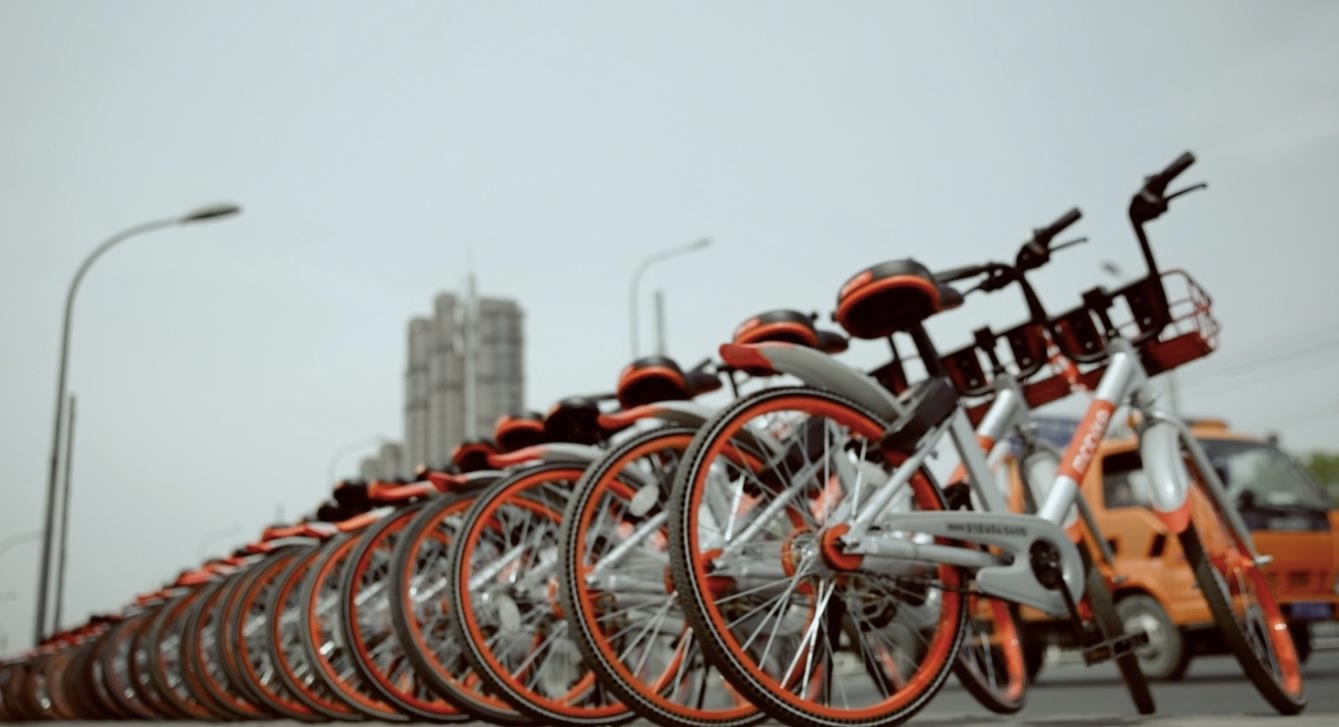
Mobikes on the street in Beijing/CGTN photo
Mobikes on the street in Beijing/CGTN photo
China is the world’s largest online retail market, and even niche stores are getting in on the action. Tracy is a fitter at “MEN’S” – a designer store for tailored suits, with a mobile app developed by the founder Bai Yongping. Bai pointed out that they are combining art and science together as this fashion app can exactly match users’ appearances and clothing’s style and color, and give advises to their customers for the perfect suit.

Cameramen testing the App/CGTN photo
Cameramen testing the App/CGTN photo
Every lunch time, Tracy has an array of menus to choose from, right at her fingertips. Without cards or cash, she conveniently pays for her food via WeChat – China’s instant messaging and social app, which provides payment services as well.
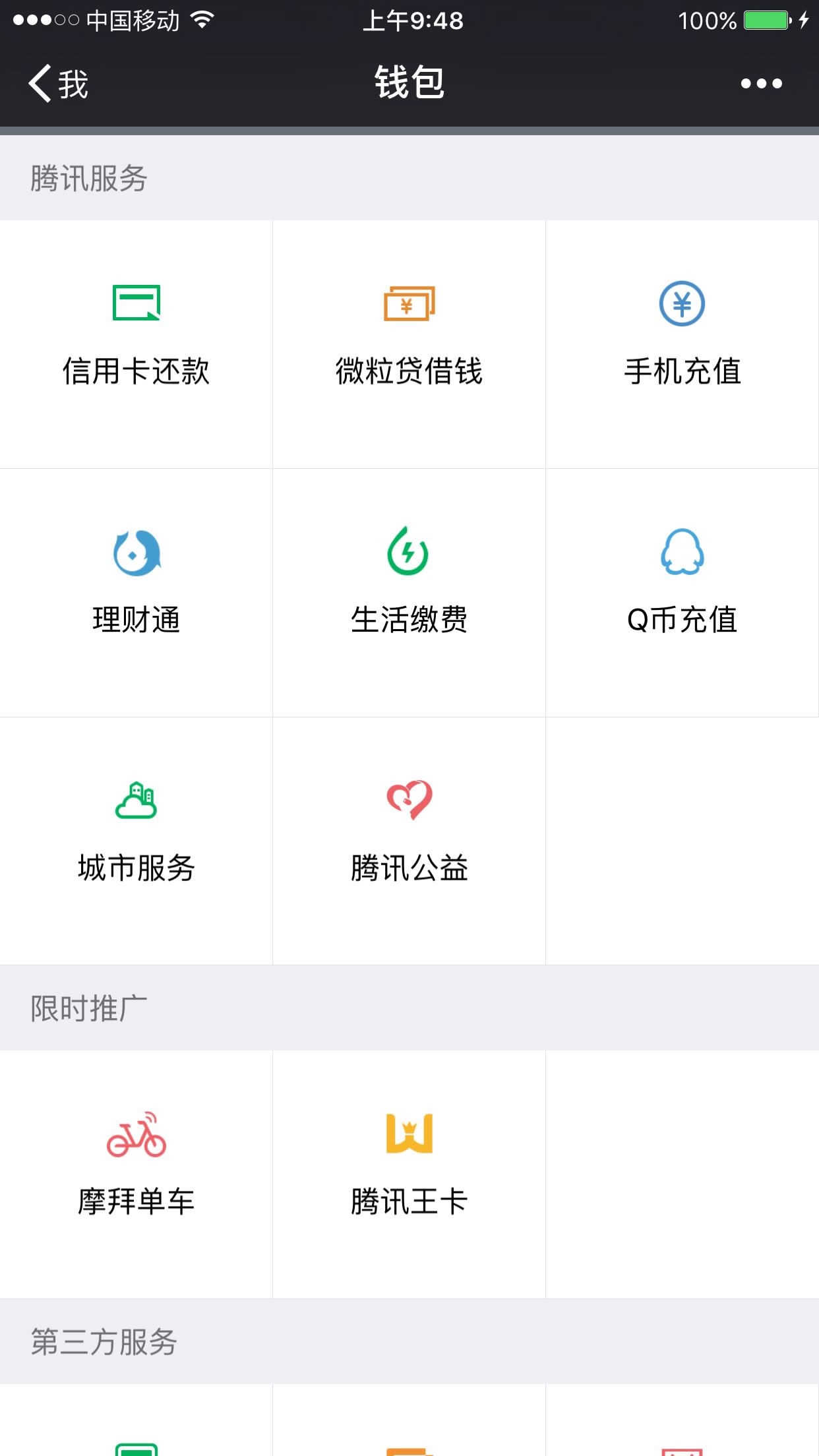
WeChat functions on the phone/CGTN photo
WeChat functions on the phone/CGTN photo
Launched in 2011 in China, WeChat has amassed over 960 million users, making it one of the biggest social networks worldwide. The public relations director from Wechat, Zhou Boyun, said it started as a social media app and now has become a lifestyle.
People can book a doctor’s appointment by using WeChat, connect it to their health insurance and pay by using the phone. Having dinner, watching movies, refueling at the gas station, paying for parking – people are using WeChat for all of these things. It solves people’s daily problems and gives them more time and space in their lives. That’s why people love it.

Connect to the world by WeChat/VCG photo
Connect to the world by WeChat/VCG photo
And if this is the present, what does the future hold? Chinese online retail giant Alibaba is leading the way – with virtual reality. The company is set to launch “Buy+”: a VR shopping service that will allow users to browse the goods of Macy’s Department Store in New York from their home in Beijing.

VR shopping/VCG photo
VR shopping/VCG photo
Now, consumers are already testing out VR technology through experiential gaming stalls around the country. In the future, VR will be also used to bring more benefits and convenience to fields like experiential gaming, shopping, medical treatment, education and tourism.
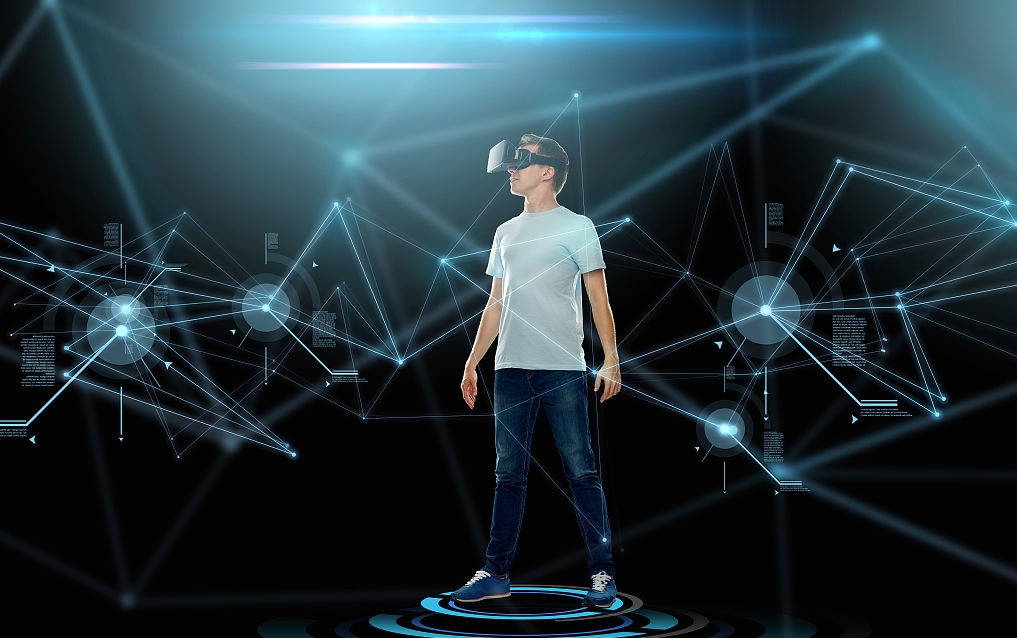
VR technology/VCG photo
VR technology/VCG photo
Technology is moving at a very fast pace in China, and the development and adoption of certain technologies are a sign as to what the future may look like here.
Previous episodes:

SITEMAP
Copyright © 2018 CGTN. Beijing ICP prepared NO.16065310-3
Copyright © 2018 CGTN. Beijing ICP prepared NO.16065310-3